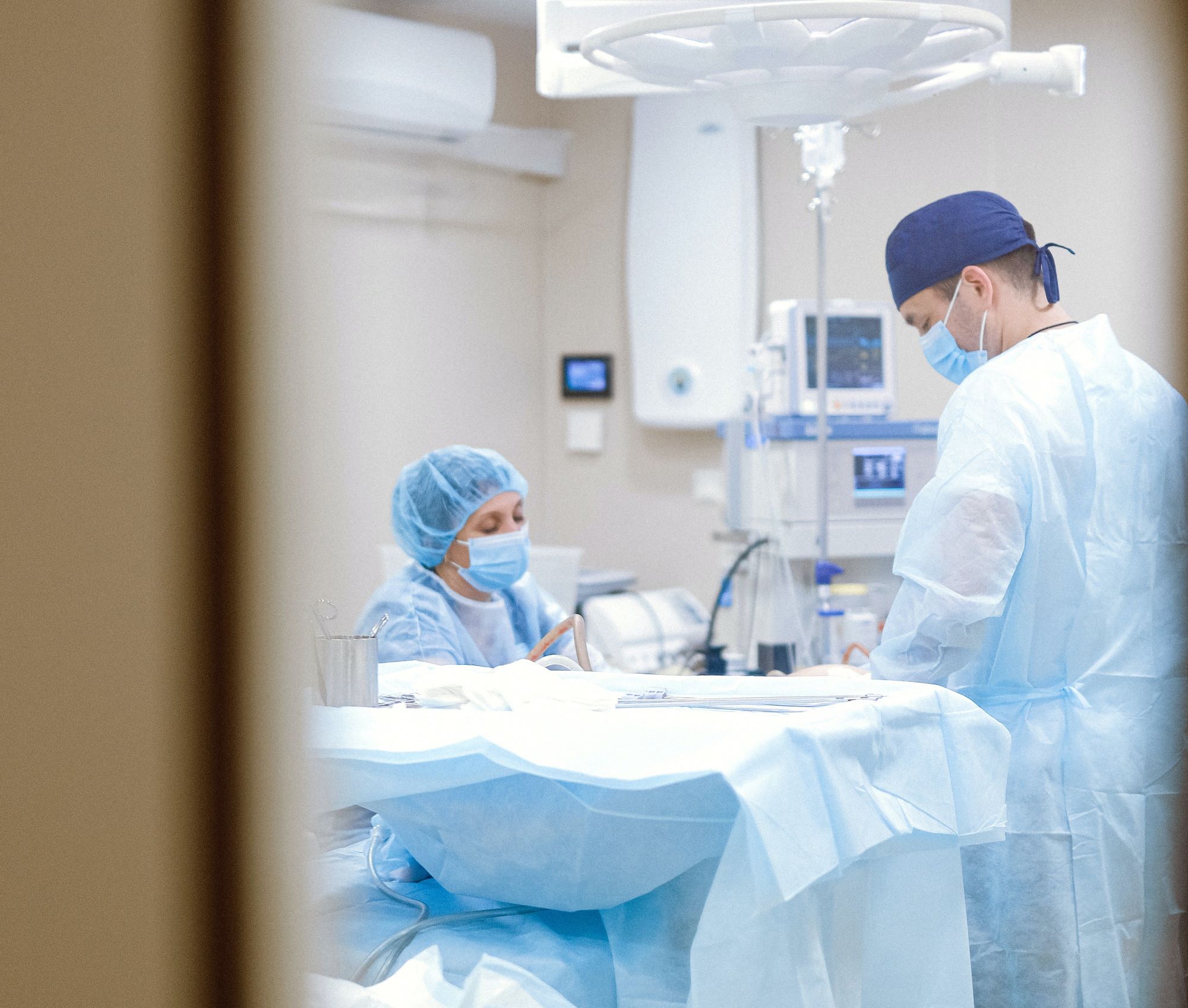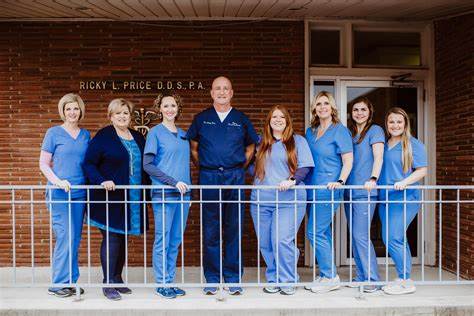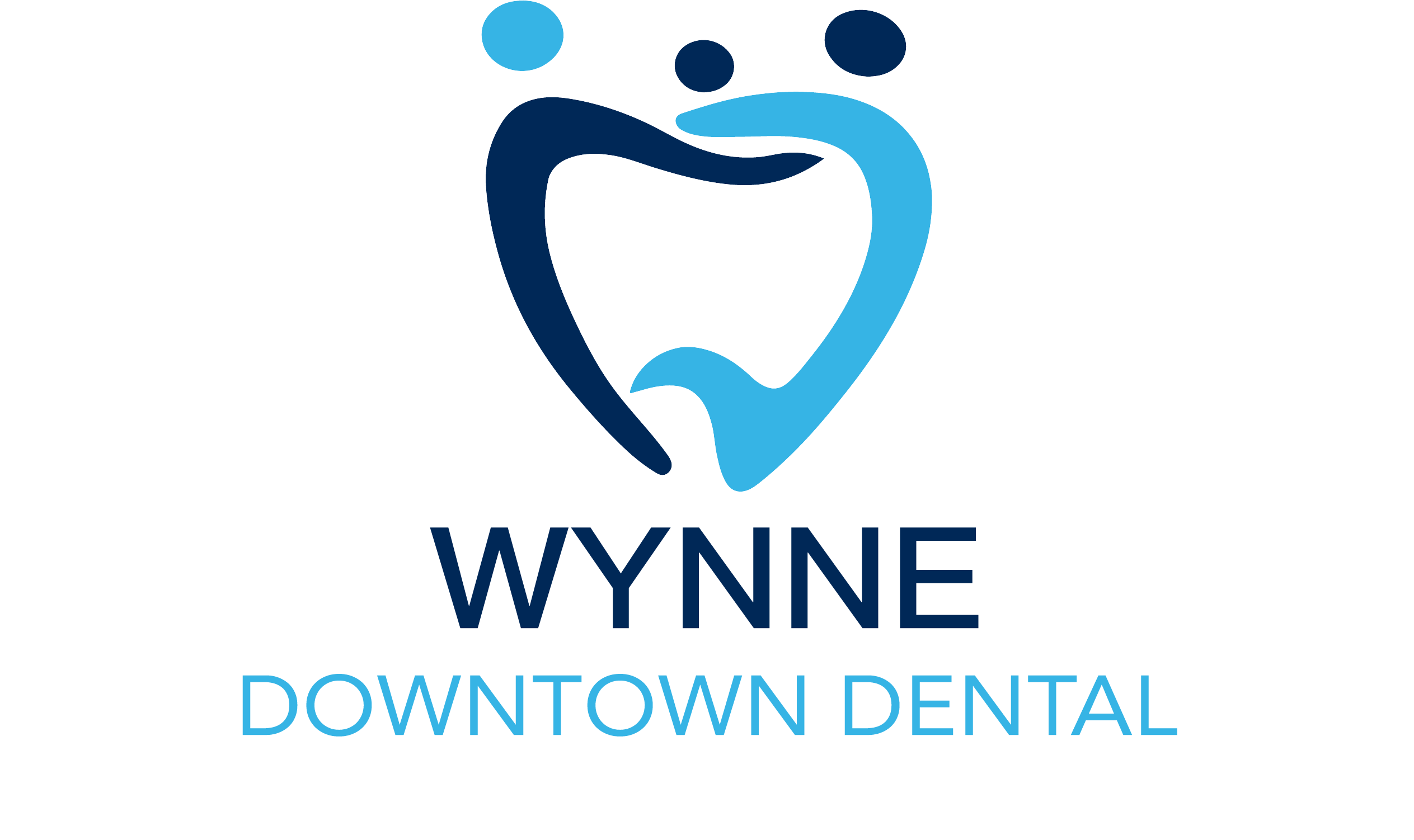
22 Feb How to Respond in a Dental Emergency
Our teeth appear so strong. Their enamel is hard to the touch, and supported by the jaw, our teeth are capable of grinding and ripping into plenty of tough foods. But like the rest of us, our teeth can also be hurt, fractured, or even lost.
Today, we’ll explore exactly what dental trouble you should rush to the dentist with, and what may resolve on its own. We’ll also cover some basic tips for responding to and preventing dental emergencies so that you can feel prepared to handle whatever might arise. Of course, we hope you won’t have a tooth knocked out at all. But if you do, it’s always better to be prepared.
What counts as a dental emergency?
While the question may seem somewhat basic, it’s worth asking. If I’m getting vague aches in my jaw now and then, do I need to rush to the dentist’s office? What about if I get a shooting pain every time I bite into something? What about a regular toothache?
As you might imagine, there are a myriad of problems that could arise with your teeth or your mouth, and many might require the urgent attention of a professional. There are also many situations involving dental pain that may resolve themselves without needing the intervention of a professional. Discerning between those two types requires some understanding.
As for a toothache, it is unlikely that you need to rush to the dentist’s office as soon as it begins to bother you. However, if the problem persists, you should contact your dentist. You may need to go in for a visit, as it is likely that the toothache is a sign of a larger problem that your dentist will need to address.
A toothache isn’t usually an immediate crisis, but there are other things that you will want to see a dentist as quickly as possible to address. These problems may include:
- An adult tooth falling out/being knocked out
- A tooth being chipped or cracked
- Face swelling that could be the sign of infection (i.e., not the result of allergy)
- Persistent, acute pain when eating/drinking that is inhibiting ability to eat/drink
- Other trauma suffered to the mouth
If you are unsure of whether a problem requires attention, it is better to air on the side of caution and at least contact your dentist. They may be able to advise you on how best to deal with the issue, even if you don’t go into the office.
How should I respond in a dental emergency?
In the moment you’re in pain or trying to help someone else who’s in pain, you may find yourself simply not knowing what to do. Next time a dental issue comes up, consider these tips to better handle the issue.
In all cases:
When a dental emergency occurs, contact your dentist first. If they have availability, they will see you, and if not, you can go to an emergency room or urgent care as needed.
For a cracked tooth:
The American Dental Association (ADA) recommends you “…immediately rinse the mouth with warm water to clean the area. Put cold compresses on the face to keep any swelling down.”
For a knocked-out tooth:
If the tooth is permanent, the ADA recommends that you “…keep it moist at all times. If you can, try placing the tooth back in the socket without touching the root. Or, if that’s not possible, place it in between your cheek and gums, in milk, or use a tooth preservation product that has the ADA Seal of Acceptance. Then, get to your dentist’s office right away.”
For objects stuck in the mouth:
The temptation may be to use sharp instruments to remove whatever has gotten lodged in the mouth. However, this could cause further harm. Try to remove the object with floss gently, and if that does not work, see your dentist.
What can I do to prevent them from happening?
Obviously, the best dental emergency is the one that never happens in the first place. While risk is unavoidable to some degree, there are some things you can do to prevent dental crises from arising. For example:
Use tools, not teeth.
This is surely one of the most common causes of a dental emergency—trying to use one’s teeth to cut or open something instead of the appropriate instrument. Scissors are for cutting and tearing; teeth are for chewing food. Remembering that simple rule will prevent a lot of dental emergencies before they can even become a problem. Along the same lines, it’s never a good idea to carry things with your teeth or put anything in your mouth (think fingernails, jewelry, etc) that doesn’t belong there; doing so is simply asking for trouble. (Cary Family Dentistry)
Don’t forget your mouthguard.
The ADA reminds us that if playing sports or participating in other recreational activities, a mouthguard is highly recommended. A mouthguard can absorb the impact that otherwise could cause severe damage to your teeth. This can save you from both the pain and the expense.
Watch what you eat.
The ADA has also issued a warning to avoid hard candy, popcorn kernels, and any other foods that may potentially crack your tooth. It’s important to keep in mind that one wrong bite at the wrong angle on a food that’s too hard for your teeth could spell serious damage.
These are just a few suggestions for avoiding dental emergencies, but your best bet is, of course, common sense. Don’t run on a slippery pool deck. Don’t throw elbows in the general direction of people’s jaws. And don’t try to break something with your teeth. Teeth are strong, but they’re not that strong. It’s our job together to protect them.
If you experience a dental problem that you think may be an emergency but are unsure, call our office. We can advise you on whether you need to come in and see your dentist immediately, or whether the issue may resolve itself on its own. Remember, not everything is an emergency, but also, if problems aren’t addressed promptly, they may grow into even larger ones. Through maintaining a level head, keeping your dentist in the loop, and receiving treatment as needed, dental emergencies can be handled and safely resolved.

About Our Team
With over 30 years of expertise in the field of dentistry, our team here at Wynne Downtown Dental is ready to meet your needs. We’re passionate about educating our patients on improving their oral health and helping our patients get the smile they deserve.
